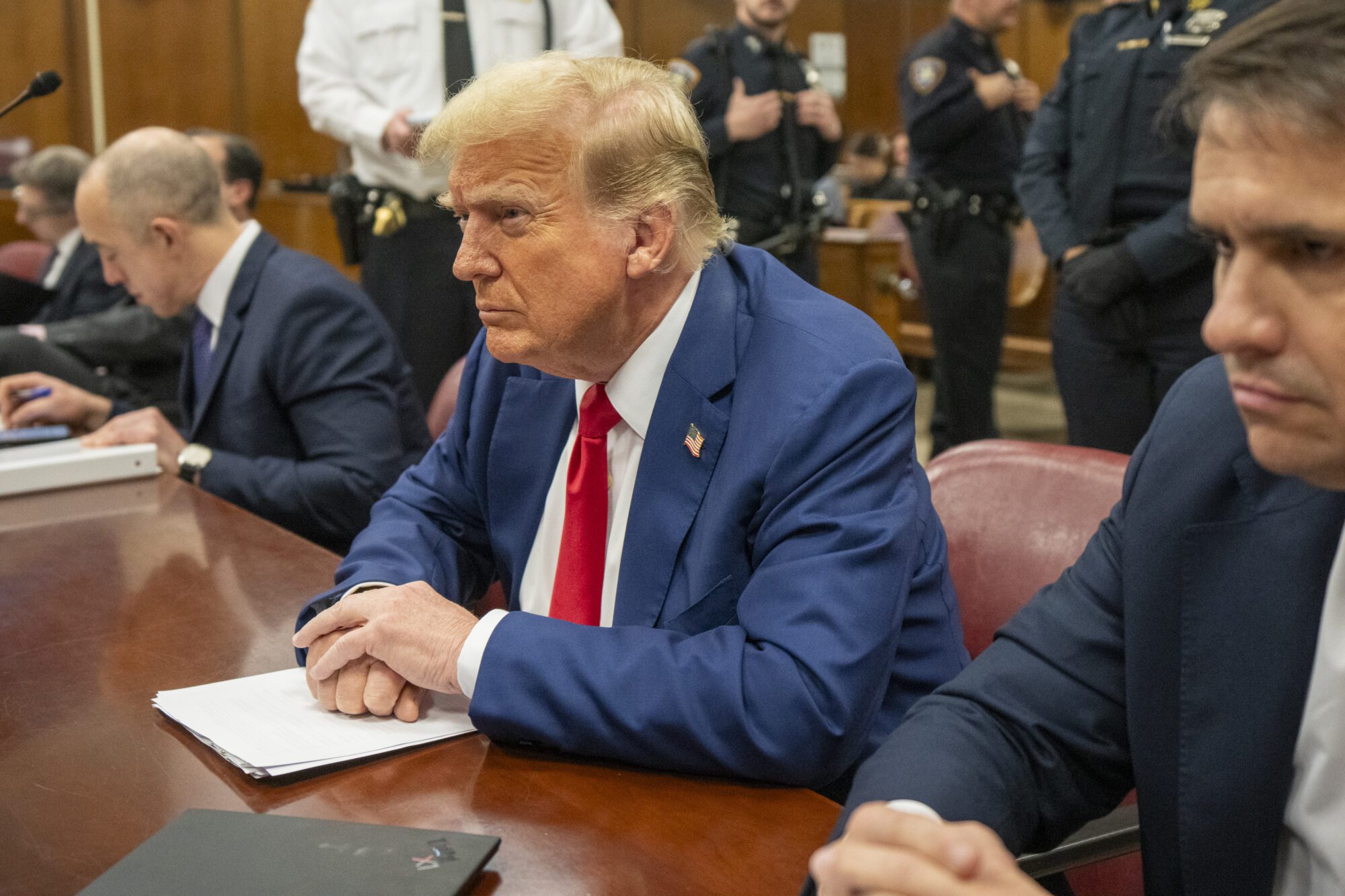
Every year it seems Mississippi makes headlines for being on the bottom of the nation’s education rankings. Test scores are low, funding is low, and there is a lack of qualified teachers in the state.
But could the teacher certification process be part of the issue? Many teachers complain that they’re “teaching to the test”, but is a certification test standing in the way of more properly qualified and effective teachers?
Jon Rybka is the CEO of RePublic Charter Schools and has also served as an administrator in traditional public schools. Rybka said he’s seen effective teachers who couldn’t continue teaching—the only thing standing in the way of their career was passing one test.
“You may have an effective teacher driving data for their students,” said Rybka. “But they can’t pass the Praxis. You can find alternative ways of certifying that teacher.”
Rybka is not alone in that pool of thought. Last year, Forbes ran an article which boldly claimed: “Teacher Certification Makes Public Schools Worse, Not Better.” The article referenced research that showed that stringent teacher certification requirements did little to nothing to keep out ineffective teachers. In fact, it had the opposite effect and kept effective teachers from being able to become certified.
The Stanford Hoover Institute conducted an overview of various teacher quality recommendations and found that many overlooked actual and current teacher performance in developing the standard of teacher quality.
Research by The Learning Policy Institute published this week showed that Mississippi has a rating of 1 out of 5 for the percentage of uncertified teachers in the state. 3.2% of the state’s teachers are uncertified, with a teacher attractiveness rating of 2.5 out of 5.
LPI Teaching Supply Report-ms by yallpolitics on Scribd
Still, the Praxis is a standard across the country, and the inability to pass it is not just a Mississippi problem.
“I’m not saying we should get rid of the Praxis or certification,” said Rybka. “But after working within schools and seeing these teachers not able to pass… Should we lower the barriers to allow really awesome people in to become really awesome teachers?”
The Mississippi Department of Education has three routes to teacher certification: Traditional, Alternative Route, and Reciprocity; all of which require the passing of the Praxis and Praxis II.
Mississippi is one of 47 states with an alternate route to certification. But EducationNext found “most studies show very little, if any, connection with a teacher’s classroom effectiveness and certification status.”
Even still, if teachers cannot pass the Praxis and become certified, there are loopholes.
“In the traditional public school system, non-certified teachers have a certain amount of time to become certified,” said Rybka. “Or they become teaching assistants or long-term substitutes.”
In RePublic charter schools, the requirement is for 75% of teachers to be certified, and the 25% uncertified have three years to achieve certification.
“We strive for two years, internally,” said Rybka. “And we’ve been successful with that with all but one teacher.”
With 47 states having alternate routes of certification, Rybka believes Mississippi has a potential to shine in improving teaching quality.
“We’re excited to work with MDE because they are working with various pilots across the state to make sure that there’s nothing keeping away effective teachers,” said Rybka. “I think Mississippi can be a national leader by looking at alternate pathways and recruiting and retaining really awesome teachers.”











